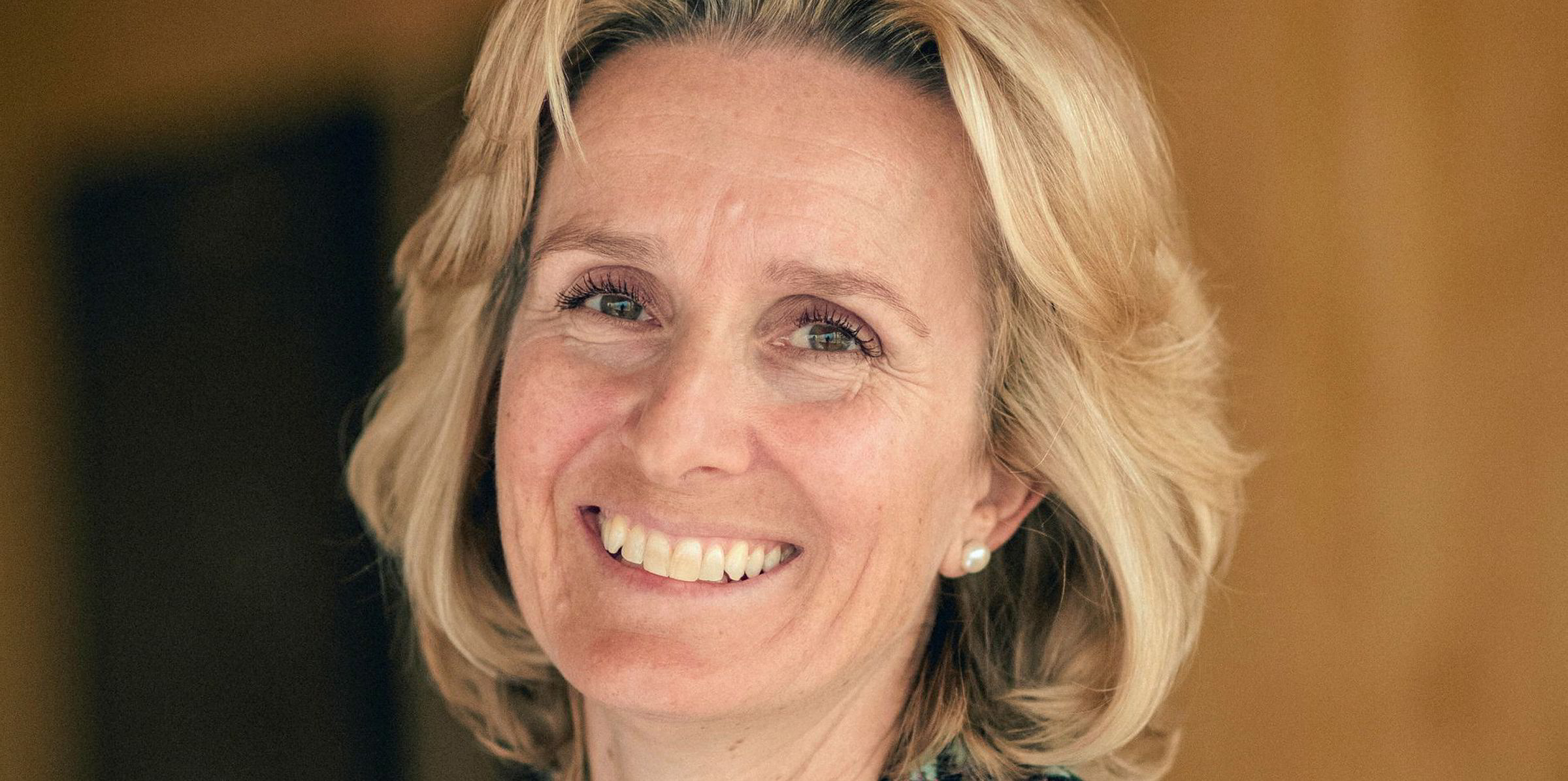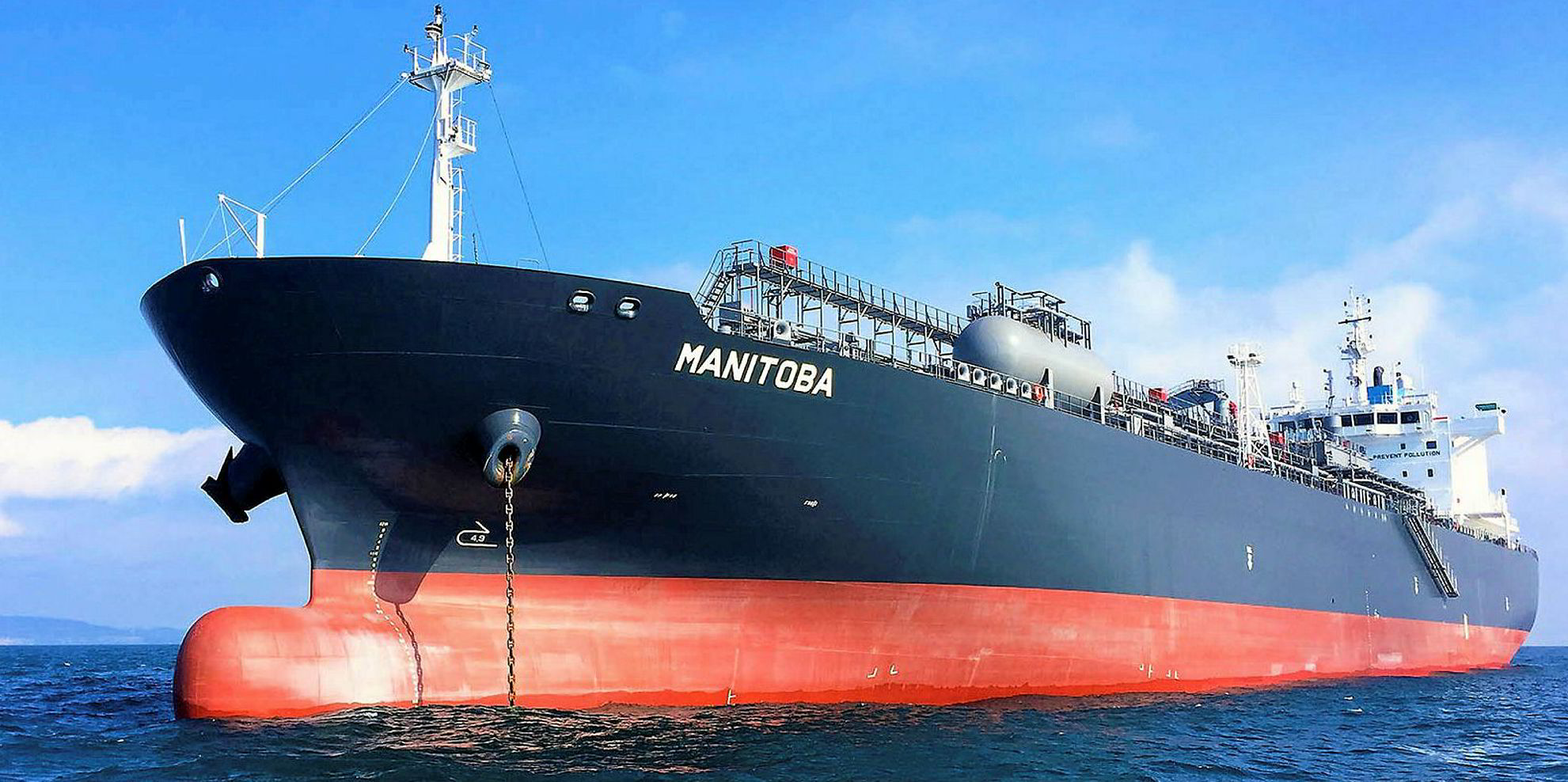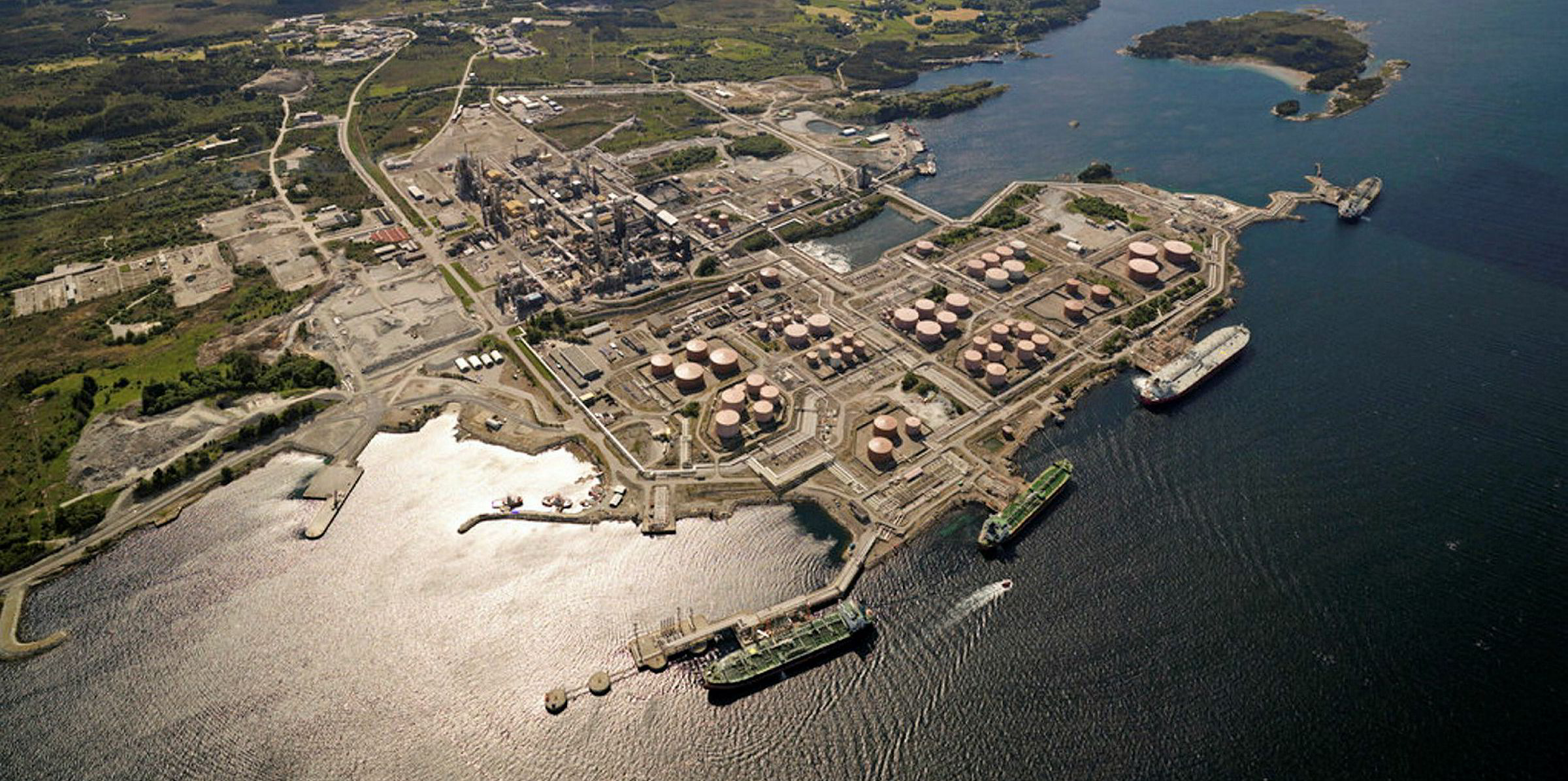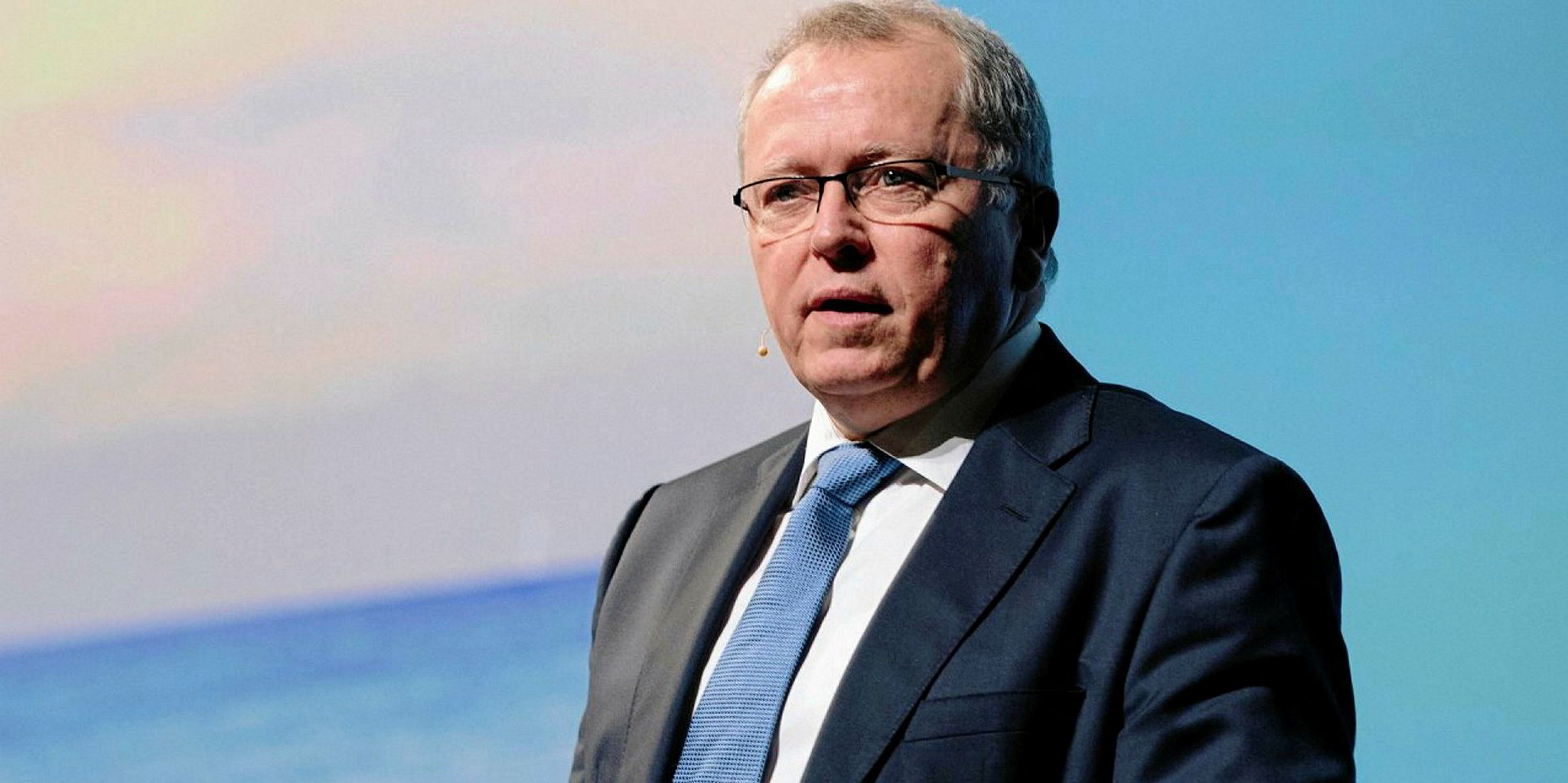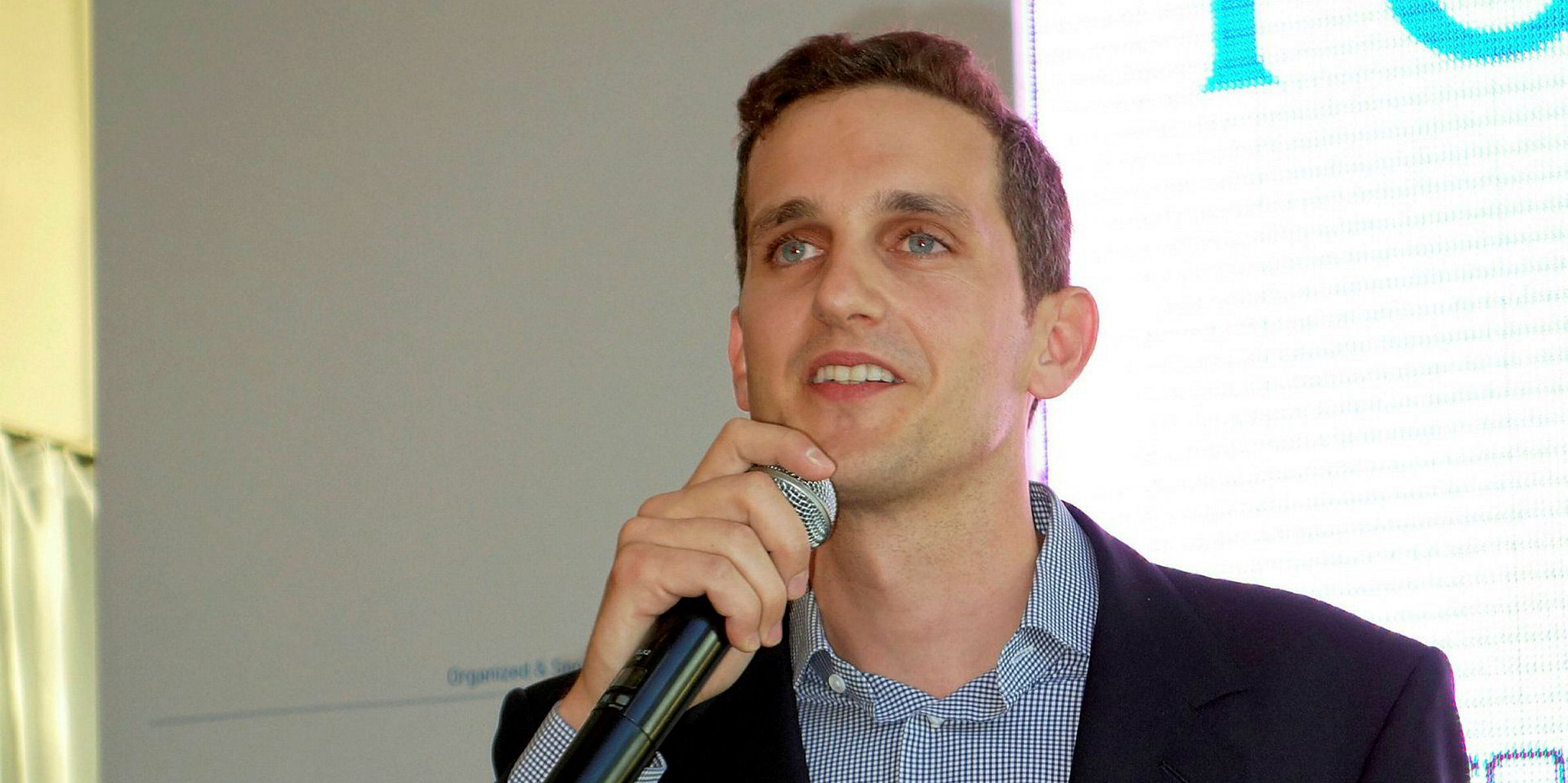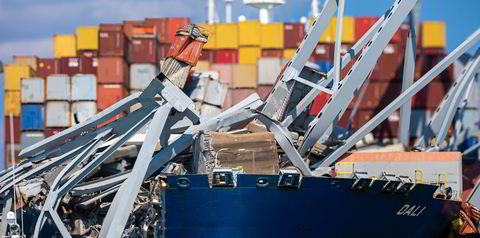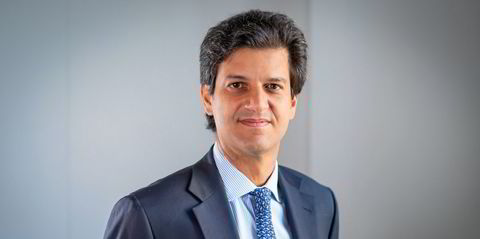Norway’s Equinor has vowed to cut greenhouse gas (GHG) emissions from its shipping activity while promoting low and zero-carbon fuels.
In a statement on Monday to coincide with World Oceans Day, the state-owned energy major said it would begin with decarbonising its fleet in Norway and increasing output of low-carbon fuels in the next decade.
“As a producer and user of maritime fuel, Equinor has a good opportunity to help decarbonise shipping,” said Irene Rummelhoff, executive vice president for marketing, midstream and processing.
“We will develop new solutions contributing to substantial emission reductions together with the maritime industry in Norway and internationally.”
Equinor aims to halve emissions from its maritime activity in Norway by 2030 from a 2005 baseline. It also targets a halving of global emissions from its fleet by 2050 from 2008 levels.
With 175 oil tankers, gas carriers and support vessels on contract at any time, the company has in recent years been offering long-term charters to vessels that emit less GHG.
“A successful development of zero-emission fuels for the maritime sector will require close collaboration between the industry, shipowners, technology suppliers, international organisations and authorities,” said Kjetil Johnsen, vice president for the shipping, ship technology and vetting unit.
“If we succeed, we will achieve a zero-emission shipping industry and contribute to a more sustainable use of the world oceans.”
Hybrid battery system
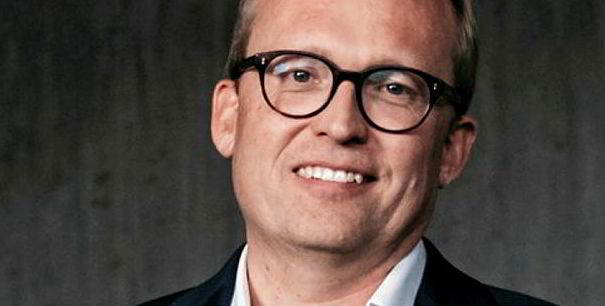
Aside from introducing a hybrid battery system on 19 supply vessels in its fleet, Equinor has chartered at least three 40,000-cbm gas carrier newbuildings and three VLGCs that can run on LPG and conventional fuel.
It also has four LNG-fuelled shuttle tankers, of which two are chartered from AET Tankers and two from Altera Infrastructure (previously known as Teekay Offshore Partners).
According to Equinor, the carbon intensity of its tanker fleet will decrease by 45% by 2025 from 2008’s level.
The IMO has aimed to cut GHG emissions from international shipping by at least 50% before 2050.
Equinor has vowed to escalate its production and use of low-carbon fuels by 2030 and hike the use of zero-emission fuels by mid-century, identifying biofuel, ammonia and hydrogen as key development areas.
“Equinor will play an important role in developing new zero-emission fuels for ships ... in combination with carbon capture and storage,” Rummelhoff said.
“As a major maritime player and a producer of maritime fuels, we can help establish new value chains in the sector, for example by pilot projects together with other players.”
The company has teamed up with Wilhelmsen to develop two hydrogen-fuelled ships, which would be refuelled at Norway’s first plant to supply liquid hydrogen as marine bunkers, in Mongstad.
Equinor’s shipping decarbonisation project is part of its efforts to cut the net carbon intensity of group operations by at least 50% before 2050.
Shell and BP have also established group decarbonisation targets but have yet to unveil specific goals for their shipping operations.
